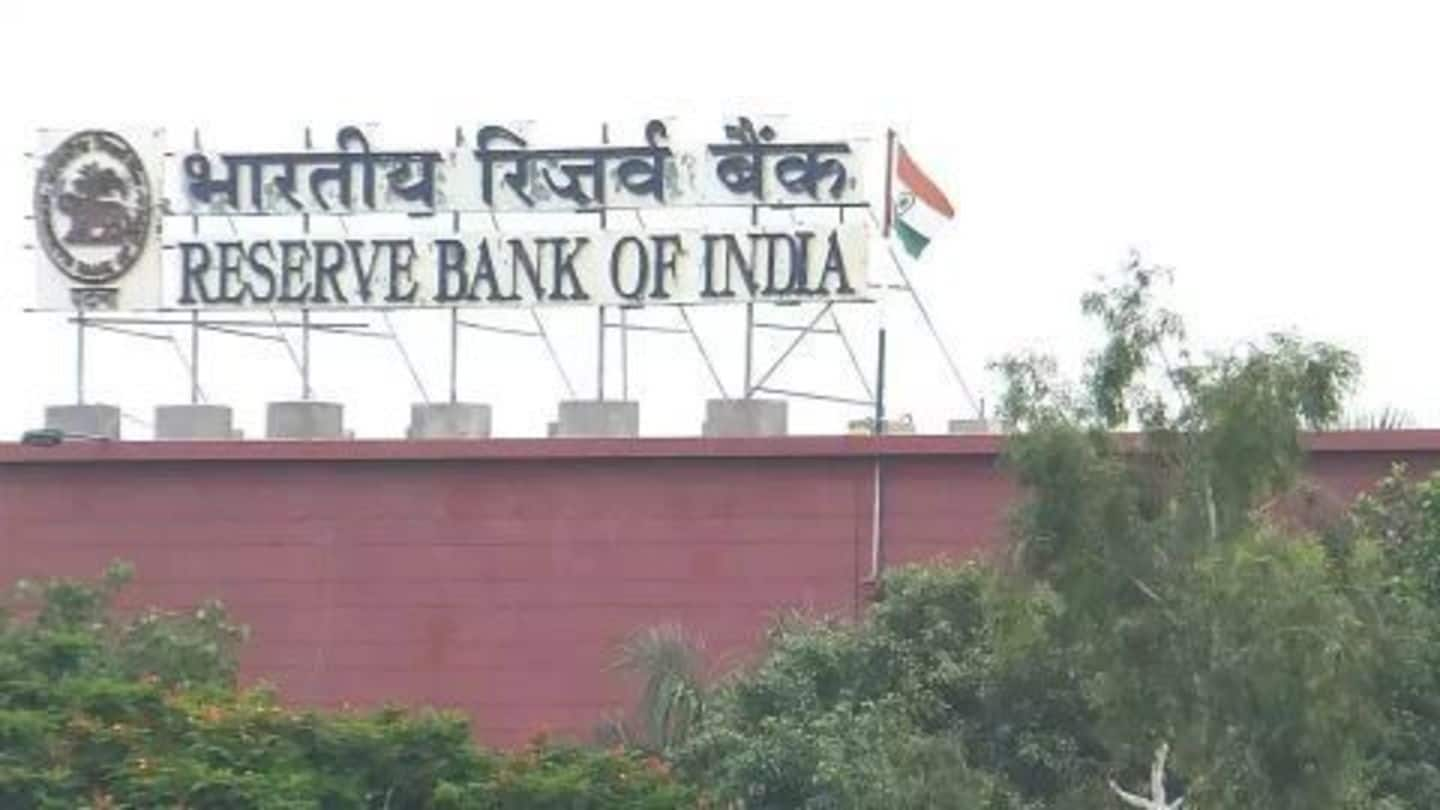
RBI to give more licenses to differentiated banks
What's the story
In order to expand financing, the Reserve Bank of India (RBI) will provide more licenses to niche and differentiated banks.
The RBI released a consultation paper in this regard during the monetary policy review on 5th April. Comments have been invited till Sept'16.
RBI may also provide licenses to custodian banks and banks focussing on wholesale and long-term finances to fund the infrastructure sector.
Introduction
What are differentiated banks?
Differentiated banks, unlike full-fledged banks, serve different sub-sectors of the banking sector.
While universal banks serve all kinds of loans on one balance sheet, differentiated banks serve different segments depending on the type of license.
Examples of differentiated banks include custodian banks - which are financial institutions for safeguarding financial assets of individuals and firms, wholesale banks- which do not have retail liabilities, etc.
Sep 2013
Concept of differentiated banks
The idea of differentiated banks was discussed by the Nachiket Mor committee set up by the RBI to further financial inclusion.
The committee had suggested Horizontal Differentiated Banking System (HDBS) and Vertically Differentiated Banking System (VDBS).
In HDBS, a bank performing all types of functions would be restricted to limited area, whereas, in VDBS banks would be differentiated by functions (credit, deposit, payment, etc.).
Need
Why do we need differentiated banks?
According to R. Gandhi, Deputy governor, RBI, long term infrastructure lending requires risk management which generally goes beyond traditional credit appraisal at banks.
By facilitating specialisation, differentiated banks increase optimal utilisation of resources.
Core competencies of differentiated banks can enhance productivity, reduce cost and improve efficiencies.
It will also widen funding available to the corporate sector and reduce banks' infrastructure financing exposure.
Personal
Previous instances of differentiated banks
In 2015, RBI had given in-principle approval to 10 small banks (which function in a limited area) and 11 payment banks (which can only accept deposit but not advance loans) to further financial inclusion.
Challlenges
Concerns relating to differentiated banks
According to Abizer Diwanji, partner at Ernst and Young, the idea of differentiated banks is still in infancy and needs to be developed properly.
The retail liabilities of the universal banks allow them to access funds at low rates which may not be the case with differentiated banks.
Competitive funding avenues need to be discovered to allow differentiated banks to access low-cost funds.
Personal
Instances of failure of differentiated banks
In 2002, ICICI Ltd., a wholesale lending firm was merged with ICICI Bank, as the cost of raising retail deposits by ICICI Bank was much lower than raising funds for wholesale loans.